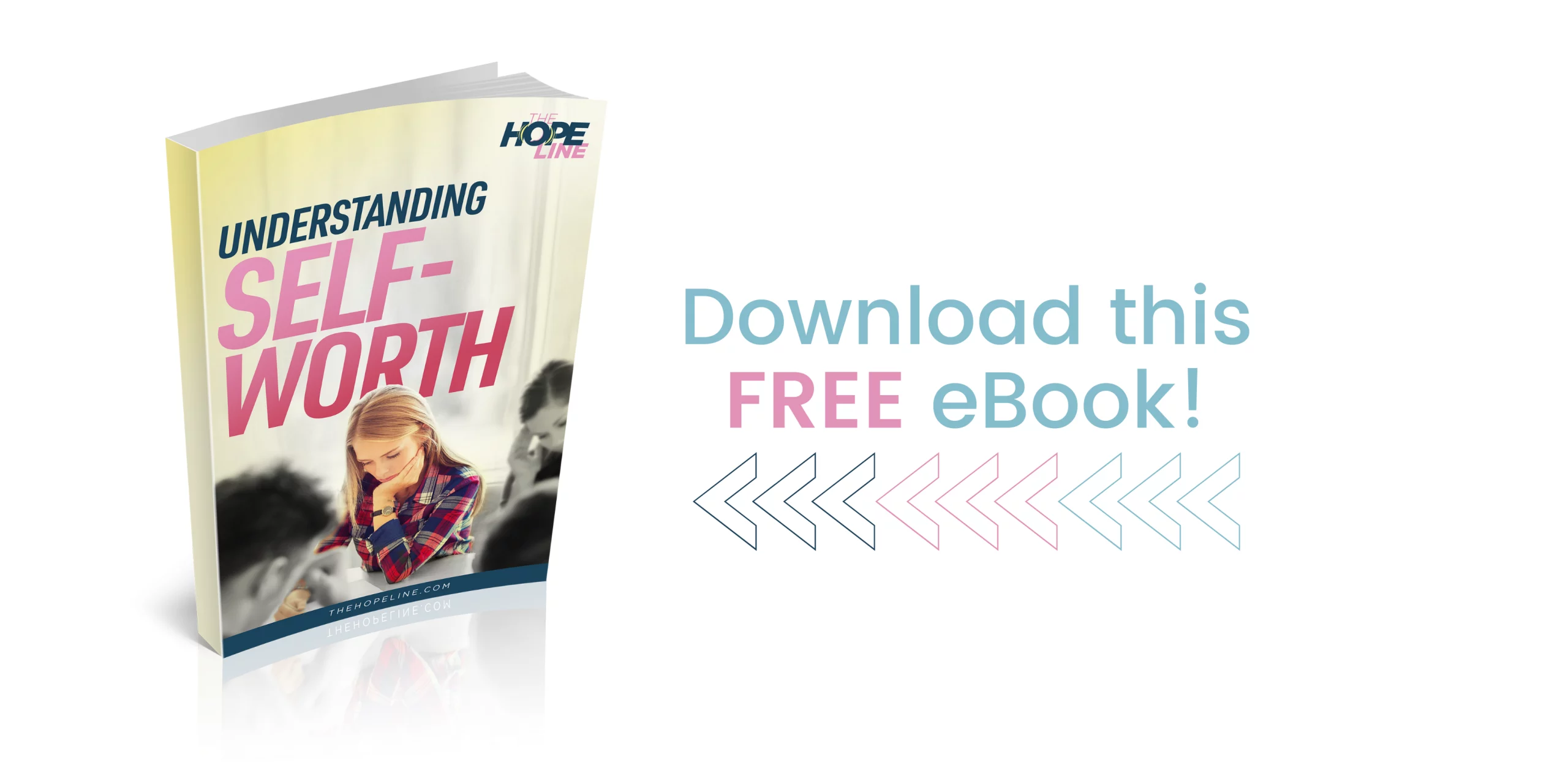Have you ever felt like you didn’t really measure up to the assumptions that others have made about you?
Do you wonder if your success may be the result of luck and timing, rather than your intelligence or hard work?
Have you ever worried that at some point, everyone is going to figure out that you’re just making it up as you go, and figuring it out on-the-fly?
If so, you may have had a run-in with "The Impostor", that inner critic that tries to convince you that your success isn’t real, and that you’re living a lie.
And you’re far from the only one who feels that way.
Research has shown that up to 70 percent of the population experiences impostor syndrome—the feeling that their success may be accidental, coincidental or even fraudulent—at some point in their life. And further studies have shown that impostor syndrome tends to be more prevalent among high-achievers.
That’s right—people who are ambitious and competitive and who push the boundaries; people who are not satisfied with coasting through life; people who take risks and try new things - these people are more likely to wrestle with the feeling of being an impostor.
Those feelings of self-doubt can be debilitating if they’re allowed to dominate and limit you, but they’re not entirely bad if kept under control. In fact, the feeling of being an impostor might be a sign of good things that are happening.
Here are three reasons why experiencing impostor syndrome might actually be a good sign.
Benefits of Self-Doubt
1. It Means You’re Pushing Your Boundaries
You won’t feel like a fraud when you’re staying in your comfort zone, but stepping out and taking a risk can make you feel vulnerable. When you’re trying something new, or among people who intimidate you, the doubts begin to creep in.
When you hear the voice of your inner critic starting to say things like the statements below, that’s a good sign!
You don’t belong here.
You’re in over your head.
These people are out of your league.
You can’t keep up.
You have nothing to offer this group.
It means you’re in a situation and among people who are going to challenge you, grow you and inspire you to do more and think bigger. You should not be running from those situations; you should see them for the gift that they are and lean in to those opportunities.
There’s a famous saying that has been attributed to a lot of different people: If you’re the smartest person in the room, you’re in the wrong room.
The corollary to that is this: if you think you’re the dumbest person in the room, stay there! That’s exactly the place you need to be. When the inner critic tells you to get out, that may be the best sign that you’re in the right place.
2. It’s a Sign of a Learning Opportunity
You rarely learn in your comfort zone. You don’t improve by continuing to do what comes easily. Improvement usually involves some level of discomfort.
Impostor syndrome is most active when you’re stretching yourself. When your inner critic says, “You’re about to fail at something,” you should translate that to mean, “You’re about to learn something.”
When we were children, we learned by doing. We tried, failed and tried again. Want to learn to walk instead of crawl? Pull yourself up and give it a shot. Fall over? Try again.
It’s a natural way to learn, driven by curiosity, hunger and a dissatisfaction with the status quo. There’s more out there—not just more to have, but more to do and more to be.
Then we go to school, and something about the structure of formal education trains us to believe that we learn something first and then go out into the world and do it once we’ve learned it. Years and years of this convince us by the time we are adults that learning and doing are two separate events, and one precedes the other. But that’s not how life actually works.
We learn by doing. We learn by failing. We learn by trying and failing and trying again.
Never let self-doubt keep you from a learning opportunity. Instead, use it as a signpost for learning opportunities and take advantage of every one you can.
3. It Keeps You Humble (and Safe)
Entrepreneur Barbara Corcoran, who built and sold a $66 million real estate company before becoming one of the famous investors on the TV show Shark Tank, has talked about self-doubt and the fact that it’s a positive sign, not a negative one.
“Thank God you doubt yourself because the one thing that I have learned that is true of every single person who is exceptional in whatever they are doing is self-doubt. Without it, you become big-headed and arrogant,” she said. “The curse of being competent is self-doubt, because competence rides on your own self-doubt. It’s the edge of doubt that makes you a performer in anything you do.”
Arrogance and recklessness are not signs of strength—they’re weaknesses that can get you into a lot of trouble. A healthy amount of self-doubt will keep you grounded and humble, even while you’re doing great things.
While it’s important that you get impostor syndrome under control and that you don’t let it hold you back, that doesn’t mean that you need to eliminate it completely. Recognizing those feelings of self-doubt as a sign of great possibilities will help you to lean in when your instinct is to run away.
If you’re struggling with feelings of self-doubt, take advantage of the live chat feature at TheHopeLine.com. There are Hope Coaches available 24 hours a day, and the live chat is free, safe, and confidential. A conversation with a Hope Coach may be just what you need.
Kris Kelso is a keynote speaker, entrepreneur, leadership coach, and is the author of “Overcoming The Impostor: Silence Your Inner Critic and Lead With Confidence”.



